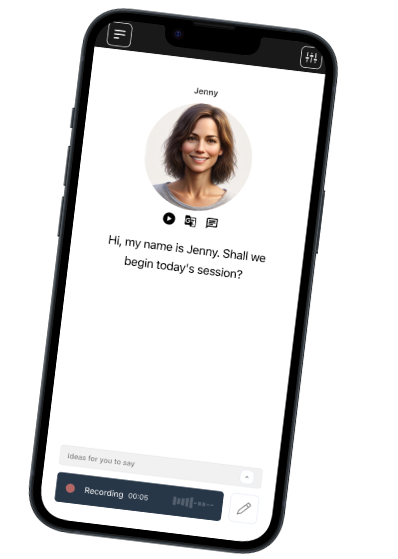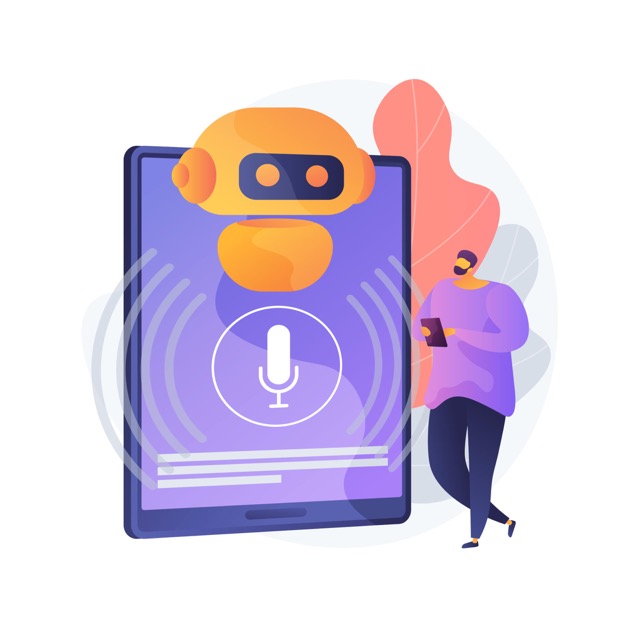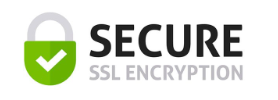Founded in Denmark. We respect your privacy.
Join a worldwide community of language learners
What the @ Symbol Really Says About You: Surprising Stories Behind the World’s Most Mysterious Keyboard Character
Last updated on
How often do you use the @ symbol? If you’re like most people, it’s probably dozens of times every week—writing emails, tagging friends, searching for usernames. But beyond its function on your keyboard, @ has a fascinating, puzzle-like history that reveals unexpected truths about culture, language, and even personal identity. Keep reading: the final section might just change the way you see your online signature forever.
The Many Names of @ Around the Globe
Before the Internet, the @ symbol was already a linguistic chameleon. Depending on where you are, the symbol has different—even quirky—names reflecting local creativity. For example:
- In English, it’s the “at sign.”
- Spaniards call it “arroba,” after an old weight unit.
- Italians say “chiocciola,” or snail.
- Finns use “miukumauku,” mimicking a cat’s meow.
- In Mandarin Chinese, it’s “little mouse.”
These nicknames aren’t random—they reflect how cultures perceive unfamiliar characters. The universality and playfulness of these names demonstrate how much humans love to describe symbols through familiar imagery. Wikipedia delves deeper into these linguistic twists if you’re curious about more worldwide variants.
@’s Ancient Roots and Modern Reinvention
Long before Twitter and email, @ was found in merchant ledgers from 16th-century Spain and Italy. It represented “at the rate of,” as in “7 units @ $1.25 each.” Merchants, traders, and scribes used it for centuries, but it wasn’t until Ray Tomlinson picked the symbol for email addresses in 1971 that @ shot to digital stardom. Tomlinson chose @ because it wasn’t a part of anyone’s name—making it perfect for separating username from host. This story is recounted in tech history archives, like exploration of @’s digital leap.
The Symbol’s Surprising Role in Language Identity
It’s not just about naming or usage; the @ sign has also sparked cultural shifts. In many Hispanic countries, @ was creatively adopted to signal gender inclusiveness before mainstream use of “x” or “e”—for example, “amig@s” instead of “amigos/amigas.” While not always embraced by linguists, it shows how symbols can quickly become entwined with social identity debates. On platforms like Quora, you can find threads where people debate the history and meaning of @, highlighting how this one character bridges linguistics, technology, and evolving concepts of self.
Personal Branding and the Psychology of Your @ Handle
Here’s what may surprise you most: research in digital sociology reveals that your @ username or email address subtly shapes how others perceive you. It indicates that handles using real names, locations, or clever wordplay can affect trust or approachability online. It’s more than a technical label—your choice of @ symbol and what follows can communicate confidence, humor, or even global awareness.
If you’re learning a new language, pay attention to how the @ sign is discussed locally. With Talkio’s Spanish options and support for dozens of world languages, you can explore regional digital etiquette in real conversations.
The Big Reveal
So what does the @ symbol really say about you? More than you think. Its story reflects your culture, your creativity, and the ways language adapts to new worlds. Every time you use it—whether for a formal work email or a playful social tag—remember you’re participating in a centuries-long conversation that’s still evolving. Next time you pick a handle or send a message, consider: the little @ may be shaping your digital identity, one keystroke at a time.
Talk Your Way
to Fluency

Talkio is the ultimate language training app that uses AI technology to help you improve your oral language skills!
Try Talkio


